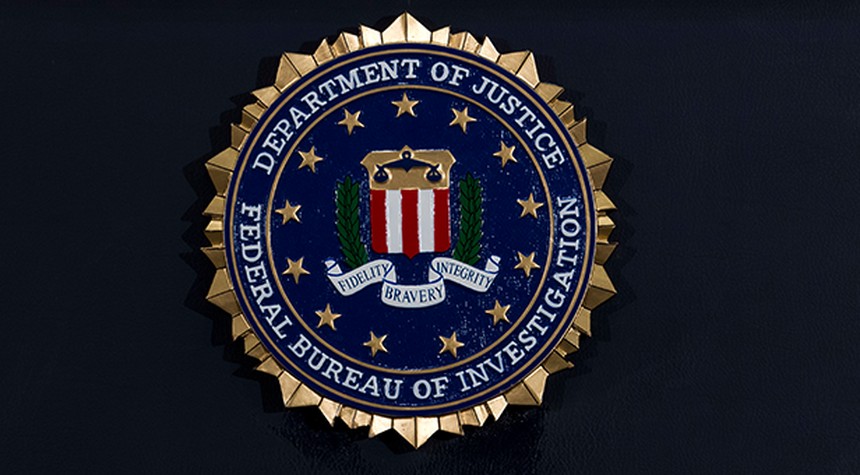Court Delivers Big Decision in FOIA Case Against the FBI Pertaining to Seth Rich
People have been using FOIA requests for several years now, going back to 2017, to pursue whatever information that the FBI might have regarding Seth Rich, the young DNC staffer who was murdered in 2016.But for years, the FBI fought those requests.
Now, the FOIA efforts may just have yielded some success, as the lawyer who writes the Techno Fog Substack explained, in a decision delivered in the Eastern District of Texas in the case of Huddleston v. FBI that discussed two different FOIA matters.
In one case, they claimed there were no responsive requests–until it was discovered in another case, asking for basically the same information, that there were, indeed, 1,596 responsive documents. But even then, the FBI tried to withhold 1,469 pages, claiming that various exemptions should apply to the pages so that they wouldn’t have to turn them over–including such things as privacy and national security reasons.
National security reasons? Do tell.
They also said it was “to protect intelligence methods utilized by the FBI for gathering intelligence data,” and that it could cause “serious or exceptionally grave damage” to the national security of the United States for the following reasons:
[D]isclosure would allow hostile entities to discover the current intelligence gathering methods used by the FBI; (2) disclosure would reveal current specific targets of the FBI’s national security investigations; and (3) disclosure would reveal the determination of the criteria used and priorities assigned to current intelligence and counterintelligence investigations” (Fourth Seidel Declaration ¶ 83).
“Unfortunately, the court won’t require the production of this information,” Technofog noted.
But although the Court held for the FBI in most of the issues raised, the Court did find against the FBI when it came to the matter of Seth Rich’s laptop, which the FBI was also fighting not to turn over.
The FBI also withheld the contents of Seth Rich’s personal laptop, which it possesses, in its entirety, alleging the privacy of Rich’s family in “preventing the public release of this information” outweighs the public interest in disclosure.
The court rejected that argument, stating “the FBI has not satisfied its burden of showing more than a de minimis privacy interest that would justify withholding information from Seth Rich’s laptop.”
The Court ordered the FBI to turn over the contents of Rich’s laptop within two weeks.
Now, the FBI will doubtless appeal this order and drag this out a bit further. But why would they give a darn about Rich’s laptop and fight to keep it from being turned over? I don’t know what’s on the laptop, but add this to one more thing that the FBI refuses to be transparent about.





Post a Comment